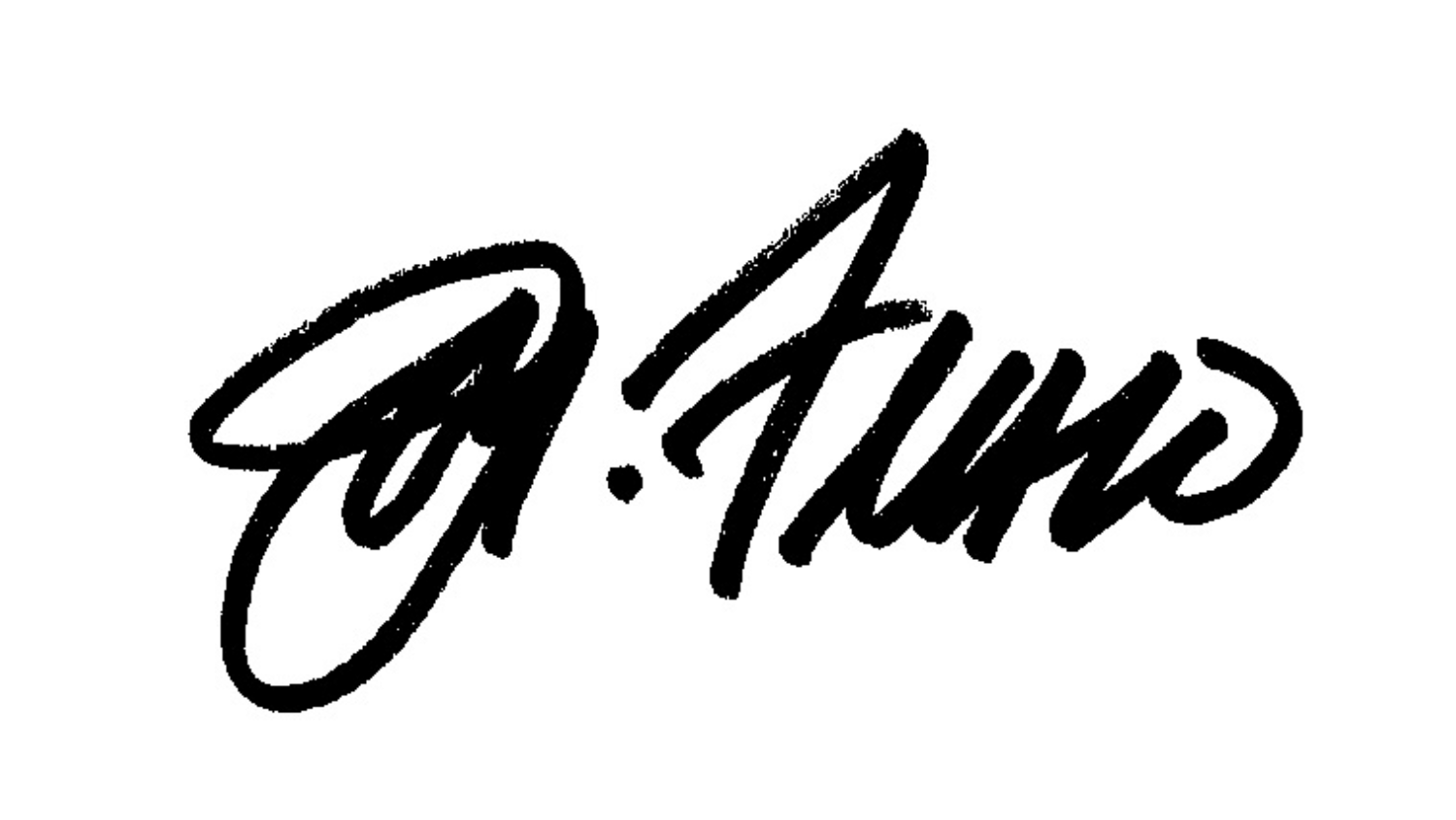Being a source of something scarce makes you valuable to the people in your life — family, friends, your employer, your community.
So, speaking of scarcity in today’s environment, here’s something very valuable you can do:
Be someone who starts and encourages upbeat conversations.
People are gloomy. The news is gloomy. The sky is falling.
Be the person in your environment who’s the optimist, who celebrates what is going well (it’s there — look for it…). Encourage people, pat them on the back.
Talk about how the world is being reinvented. Talk about all the opportunities on the other side of the anxiety and disruption. Tell funny stories. Laugh a lot.
I guarantee you will be very nearly alone in that effort. This makes you the source of something scarce. This makes you valuable, and valued, among the people you care about most.

